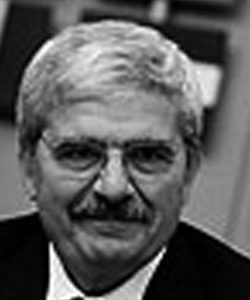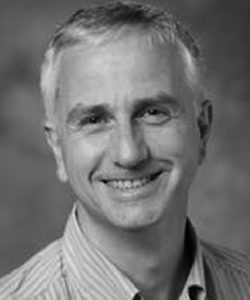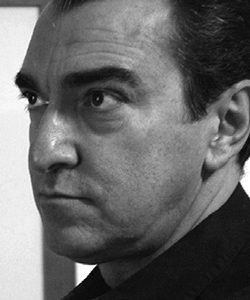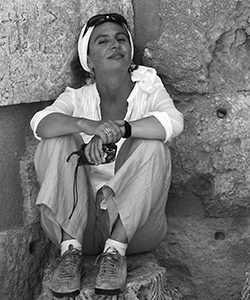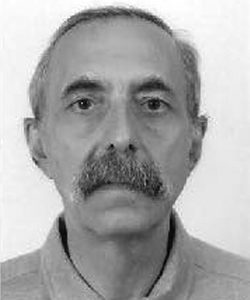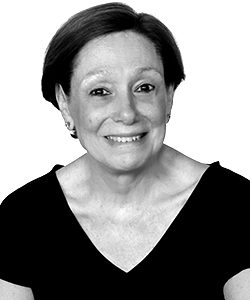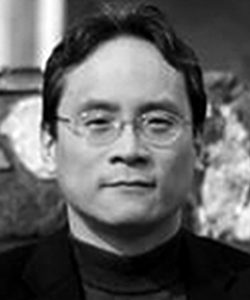Stefano De Caro
Director-General, ICCROM, Rome.
Stefano De Caro is an internationally renowned archaeologist whose career spans decades of service in senior positions in the Italian cultural ministry and in academia. Since his appointment as Director-General of ICCROM in November 2011 as the first Italian national to assume leadership of the organization, De Caro has contributed to expanding the dialogue on heritage conservation and protection. He has worked tirelessly to strengthen activities, both internationally and regionally, for cultural heritage conservation and protection within ICCROM’s Member States. ICCROM is an intergovernmental organization created after World War II to promote best practices in conservation and management of cultural heritage.
De Caro was instrumental in establishing ICCROM’s first regional office, the newly inaugurated ICCROM-ATHAR Centre located in Sharjah, United Arab Emirates. De Caro has also encouraged ICCROM’s actions for post-emergency stabilization and training, most particularly after the Nepal earthquake in 2015, but also through distance training modules for heritage professionals in Syria and Libya. De Caro has further used his position to advance discussion on restitution and reconstruction issues for archaeological heritage, and on the complex social issues related to conflict and migration, heritage and identity.
Previously, De Caro’s distinguished 35-year career at the Italian Ministry of Cultural Heritage Activities and Tourism (MiBACT) culminated in his assignment as Italy’s Director-General of Antiquities (2007-2011). In this position he developed and coordinated national guidelines for rescue archaeology and cultural resource management, and furthered negotiations for the return of Italian archaeological objects illegally exported abroad.
A professor for over 25 years at universities in the Campania region, De Caro is a lecturer and journalist, having published more than 300 texts on archaeological heritage, conservation and interpretation.
De Caro obtained his first degree in humanities from the Federico II University of Naples, and continued his studies in archaeology at La Sapienza University of Rome and the Italian School of Archaeology in Athens, Greece. Decorated with the French Legion of Honour, De Caro is member of the Naples Academy of Archaeology, Literature and Fine Arts, of the British Academy and of the Deutsches Archäologisches Institut. He has also received the Outstanding Public Service Award of the Archaeological Institute of America.


